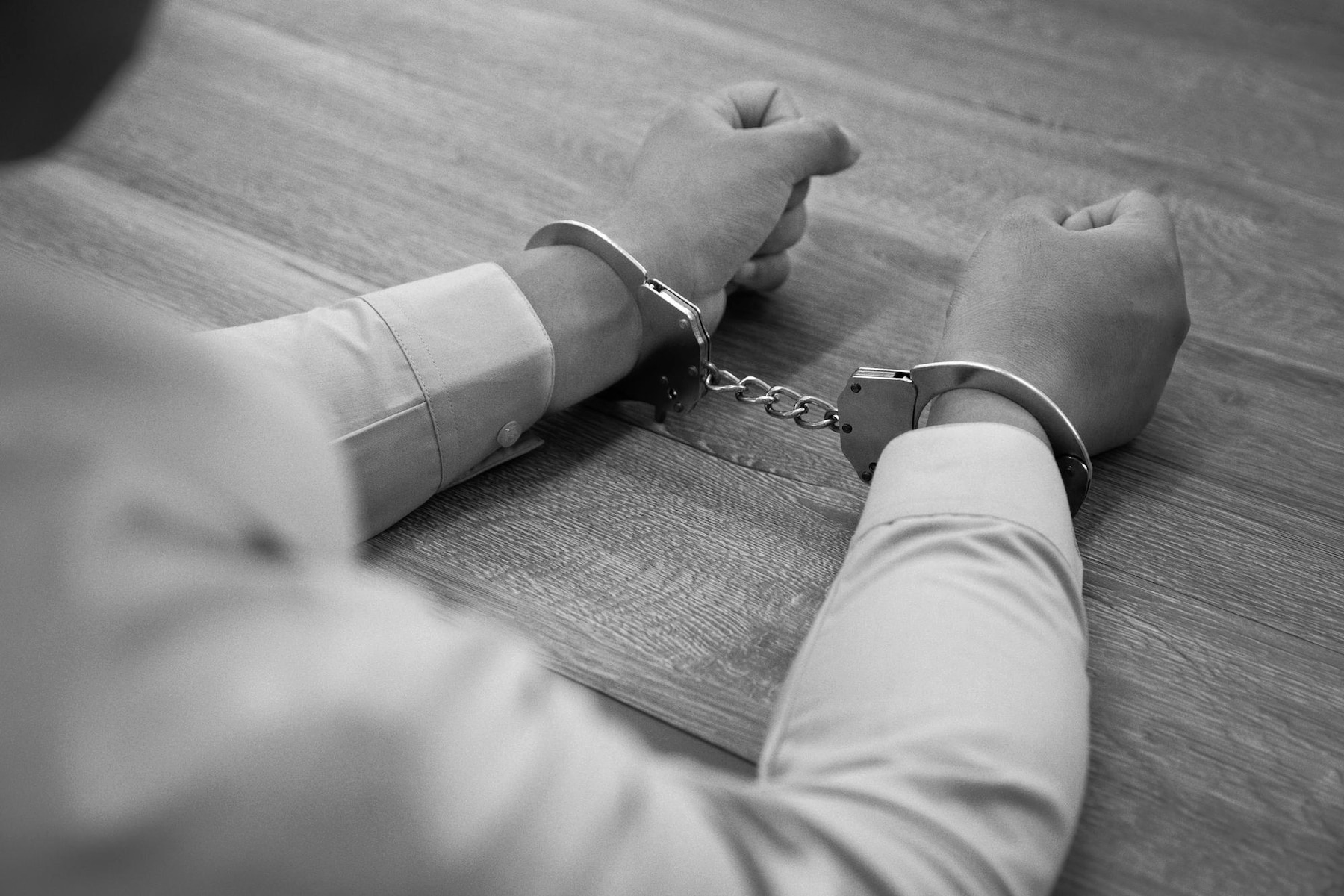Effects of Divorce on Children: Separating Myth from Science
One of the biggest concerns we hear from divorcing parents is what kind of effects the divorce will have on their children. Stories and reports are rampant about how the trauma of divorce can stunt children's educational development, cause mental health and social issues, and a host of other problems. These assumptions often fill parents with guilt about their choice to divorce or make them feel obligated to stay in an unhealthy relationship “for the sake of the children.” Let's separate fact from fiction. Does divorce impact children? Yes, it does—just as it impacts you. Does it scar them for life? Not necessarily. Let's take a look at some of the science to answer some of parents' most pressing concerns.
Short-Term versus Long-Term Impact
Divorce is a dramatic family change, and for that reason it can be traumatic at first—for everyone involved, not just the children. But scientific studies indicate that parents' fears about long-term damage are generally unfounded. According to a now-famous study conducted in 2002 by University of Virginia psychologist E. Mavis Hetherington and student Anne Mitchell Elmore, children do experience short-term negative effects in a divorce—including anger, anxiety and shock—but the vast majority of children show remarkable improvement within 1-2 years, and very few present lingering issues. Further studies have indicated that in the long-term, there is very little difference in the rate of mental and social problems among adults who experienced divorce as children versus those who did not. (The same holds true with their ability to form meaningful relationships.)
The one possible variable in how well children fare after divorce is how their parents handle it with them. Children whose parents were careful about limiting their exposure to marital conflict tended to recover faster; so did children who lived in a fairly well-adjusted home after the divorce.
Educational Shortfalls?
Another area of concern among parents: Some reports have suggested that divorce tends to disrupt the children's rate of educational advancement. However, a recent study dug into this question a bit more deeply and discovered some interesting variables. According to the study, children for whom the divorce was not predicted had a more difficult time educationally, while children in homes with a high likelihood of divorce got by just fine overall. In other words, children for whom the divorce came as little surprise showed very little drop in academic achievement. This trend suggests the educational shortfalls may have had had more to do with the shock or trauma of the divorce than the divorce itself—further suggesting that parents can minimize this effect by improving their children's understanding of what is happening in their family.
Divorce versus Dysfunction
Considering that most marriages dissolve due to dysfunction in the family, let's ask another question. Which is better: to allow children to experience divorce or to allow them to remain in a dysfunctional home? There's ample research to draw from here, as well, especially when the dysfunction translates to verbal or physical abuse. There's a large body of evidence showing that children growing up in these unhealthy environments can develop ongoing psychological issues that can impact their lives as adults for years to come. Interestingly, another study conducted by E. Mavis Wetherington discovered that children in homes with high levels of marital strife actually did better after the divorce than children for whom the separation came as a shock. What all this tells us is that in many cases, divorce can do less harm to a child than keeping that child in a toxic marital environment.
At the end of the day, you can't stop your children from being hurt in a divorce, and more than you can keep yourself from hurting. But the science also suggests that divorce does not have to be a life sentence for children, either. The love and nurture of caring parents can go a long way toward softening the blow and helping the children make the adjustment. If you need compassionate legal counsel and representation for a divorce, we are here to help. Contact Inman & Tourgee online or call (401) 823-9200 to discuss your case today.







